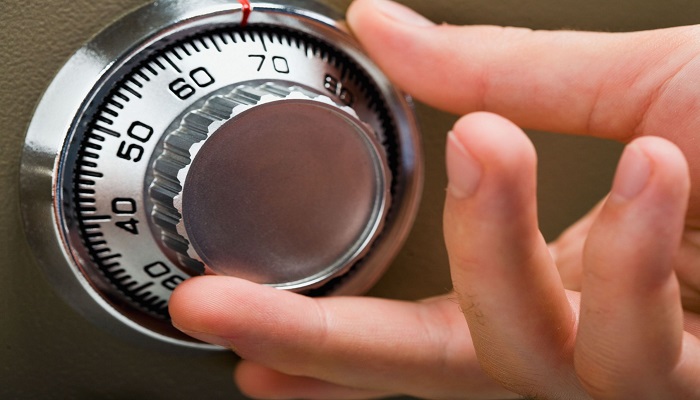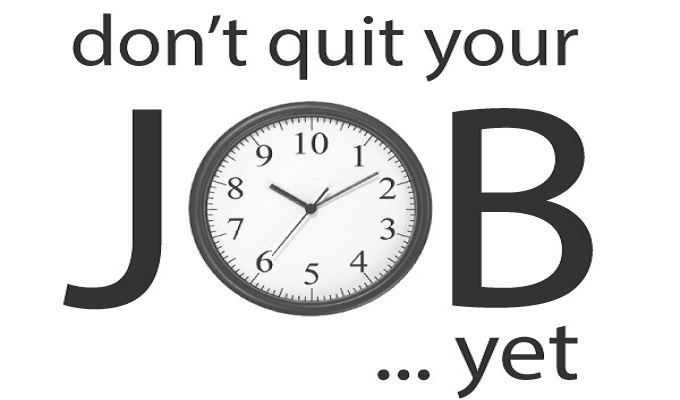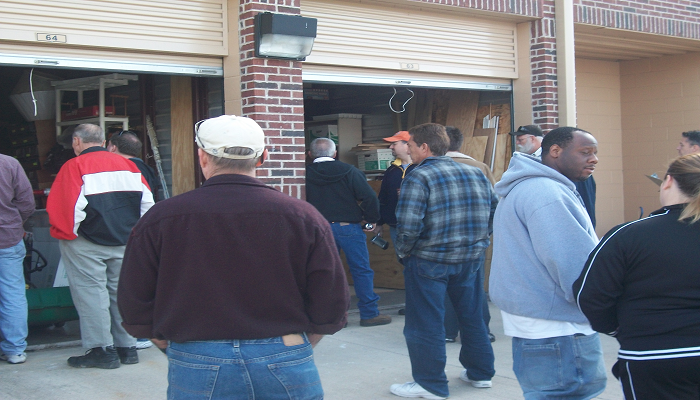1. Overpay Just To Buy A Unit
If you're new to the storage auction scene, don't be in any rush to get your first unit. You have to wait for the right unit to come along at the right price. It will happen. I know you're eager to get your feet wet, but the object of the game is to make money. Just be patient and you will find a bargain.
2. Buy A Unit Too Large To Remove Merchandise Within 48 Hours
When you buy a storage unit at auction, you have to have it totally cleaned out and broom swept within 48 hours. A lot of newcomers will purchase a large unit not realizing how much work it is to clean out. Keep in mind that some units contain heavy items like furniture and appliances that require some muscle to move. It is a good idea to have a truck and labor lined up in advance, especially if you plan to buy multiple units.
3. Keep Ego In Check
When you're bidding on a unit, try to keep your emotions in check. Some people who are new in the business are trying to make a name for themselves from the beginning by getting into a bidding war or trying to run others up. If you're going to be a successful buyer, you must know when to let the unit go. If it doesn't make sense, don't buy it. Some new buyers even overbid to let others know that they have money. This isn't a good idea because no matter how much money you have, there will always be someone else with deeper pockets. I personally know a multi-millionaire that attends storage auctions just for fun.
4. Bid To Find Hidden Treasures
This is a common mistake newcomers make. They've seen the storage auction reality shows and they think there is an expensive item hidden inside every unit. Well, I have news for them. Most units contain common household items, appliances and furniture. If they pay hundreds or thousands more for a unit on the hope that the unit contains hidden treasure, they won't be in this business for long.
5. Not Having A Resale Strategy
Some new buyers buy a unit without having a plan to sell the contents. Possible outlets are garage sales, setting up a booth at a flea market or selling the items online. Either way, it's a lot of work. The key to making a profit in this business is turning over your inventory as soon as you can. Unless you have an unlimited supply of cash, you will need get your money back quickly, so you can reinvest it in more storage units.
6. Not Enough Cash On Hand
If you have a good amount of cash, by all means bring it. Nothing hurts worse than missing out on a great unit because you didn't bring enough money with you. Remember, most auctioneers will not allow you to go to the ATM after the auction is over, so if you don't have enough cash in your pocket, do not bid on the unit.
7. Buy Junk Storage Units
A junk unit can put a bad taste in your mouth for the storage auction business. If the unit looks like it contains a lot of trash or worthless items, it is a good idea to avoid it. It takes a lot of time and energy to clean out a unit, especially ones that are unorganized and contain a lot of trash. Focus on units that are fairly organized and show signs of quality merchandise.
8. Did Not Clean Out Unit Entirely
Some newcomers buy a unit that they are unprepared to move. They start their excavation only to realize that the unit isn't what they thought is was. If the unit contains a lot of unsellable items and trash, you might feel like giving up and just leaving the bad stuff behind. This is one of the easiest ways of getting banned from future auctions. Even if the unit turns out to be a complete bust, you have to dispose of it properly. The contents of the unit must be completely removed and the unit needs to be broom swept. Most storage facilities will not allow you to use their dumpsters so I recommend that you locate a dump in your area. Believe me when I say you will need it.
9. Did Not Bring Necessary Supplies
I see a lot of newcomers who don't even have a flashlight with them. Most storage units do not have lights in them and it can be quite difficult to see the contents. If you don't already have one, make sure you invest in a rechargeable flashlight. The other essential is having multiple padlocks on your person. At my buying peak, I usually kept at least three locks on my belt loop and another 7-10 locks in my vehicle. Tip: Buy padlocks that are keyed the same or color code your locks and keys. Nothing is more frustrating than trying to locate the right key for the lock while the auctioneer is moving on to the next unit.
10. Stereotyping Storage Facilities Based Upon The Area
Some people try to profile an auction based upon the area that the storage facility is located in. Let me start off by saying that some of the best units I have ever bought were in rough neighborhoods and I got the units dirt cheap. If you only attend auctions in nice areas, you will be missing out on some great bargains.
Do you know of any other common mistakes newcomers make at storage auctions?
If you would like to add them to this list, please leave your interesting and creative responses in the comments section below.







